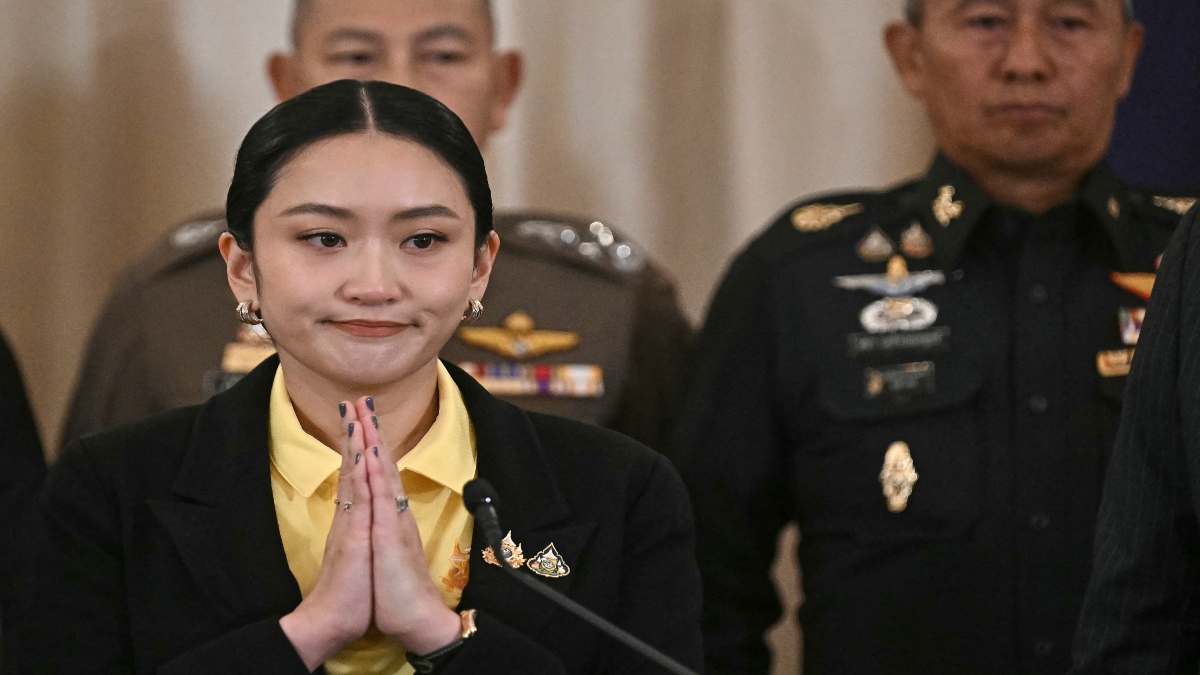Thai Prime Minister Paetongtarn Shinawatra’s call for resignation is bringing back painful memories of military rule in the country, as analysts are noting that the centre of political power is slipping back into the armed forces.
On Monday, Shinawatra reshuffled her Cabinet to avert a crisis triggered by a leaked phone call that threatens to sink her government. The 38-year-old daughter of controversial former premier Thaksin Shinawatra began handing out ministerial posts vacated when her main coalition partner quit last week.
Shinawatra has barely stayed in office for a year, and talk of the town is that power might get transferred to the military, a state that the Southeast Asian nation was able to get out of two years ago.
Will the military make a comeback?
According to a report by Nikkei Asia, the prime minister met the commander of the second army region, which controls Thai security on its eastern flank, last week. She also held a meeting with he head of the supreme command and the chiefs of the army, air force and navy to show that the “government and the military were walking in the same steps.”
Some Bangkok-based diplomats noted that Thailand is experiencing the latest chapter in a political conflict that has spanned over two decades, stalling the country’s democratic development.
At the heart of this struggle is a power contest between pro-democracy parties linked to former Prime Minister Thaksin Shinawatra, father of Paetongtarn, and the ultra-royalist conservative establishment, rooted in the military-backed, royalist elite.
What is the controversy?
In the leaked call, Paetongtarn is heard discussing an ongoing border dispute with Hun Sen, who still holds significant power in Cambodia despite leaving office in 2023.
She addresses the veteran leader as “uncle” and refers to the Thai army commander in the country’s northeast as her opponent, a remark that sparked fierce criticism on social media.
Impact Shorts
More ShortsThe Thai foreign ministry summoned the Cambodian ambassador, last week, to deliver a letter complaining about the leaking of the call.
With inputs from agencies
)